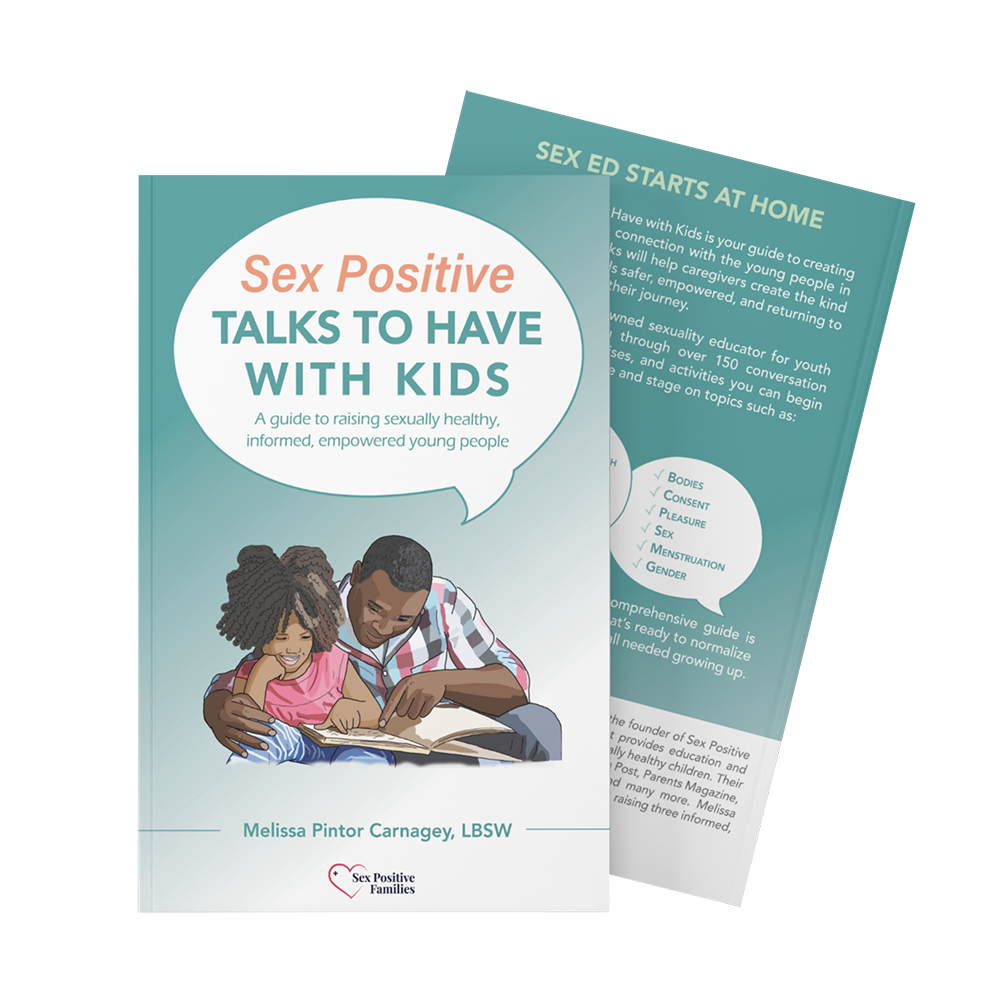-By Guest Blogger: Dr. Lea Lis-
Having open conversations with teenagers about a topic that might be uncomfortable is tough, especially when the topic is their sex lives. However, wouldn’t you rather them learn safe practices and have a safe environment to engage in sexual activity if they choose to do so? Now is the time to open up dialog and have the conversation.
For many teens who are sexually active, it is not uncommon for them to resort to having sex in public spaces – in a bathroom, a park, or even in a car. These experiences could all result in some harsh consequences, including legal ramifications like getting arrested for public displays of nudity or lewd behavior while having sex. Not to mention the embarrassment for all parties involved. Being outside of their home may also mean they don’t have easy access to condoms, or other types of contraceptives. Teens should be informed of the risks.

In their own homes, rather than in a car or at a party where teens might be drinking and there is no possibility of monitoring their behavior, can be a safer option. Creating a supportive and positive environment can help reduce possible harm and unsafe risks for teens.
This is where a parent can discuss ground rules, so that everyone knows the expectations. Here are some possible examples of house rules related to sex in the home:
- Any sexual activity should take place behind closed doors – talk about what defines sexual activity that’s best kept private versus touch between partners that may feel acceptable in the home, especially considering other family members like younger siblings that may be present
- Noise levels should be respected in the home.
- Participation in typical family time and events is still expected, without sneaking away- remind your teen they are part of a family and not just a couple. Having sex isn’t a reason to miss dinner, not do chores, or fall behind on schoolwork. Their partner should greet other family members, not sneak away into the bedroom. This is the opportunity to have open communication with your teen and their partner.

If you know that your teen is having sex in the home, it is appropriate to go over the rules of your household. Just as you would go over the rules for any other situation with your teen and their partner. Teens should be respectful of other family members while also feeling as though they have a supportive, shame-free space for their curiosities and experiences.
A few other tips and reminders:
- Get to know the sexual partner’s parents: There should be open lines of communication and you all know what is going on with your children. Some families might be comfortable discussing ground rules together. Other families may disagree about what teens should be allowed to do in their bedrooms or home.
- Communicate: Even if you do not agree with the other parents, it is a beneficial opportunity to attempt communication.
- Talk about practicing safer sex: Being aware and supportive of your teens new sex life does not mean you give them permission to practice unsafe sex. Ensure they know how to use condoms and/or contraceptives and where to get them. Talk about consent, pleasure and their developing values specific to their and their partner’s goals and relationship.
All in all, it is about supporting them to make safer healthy decisions and to be a part of the conversation. Whether your teen is actually having sex or not, creating an open dialog to meet their sexual health is what being a sex positive parent is all about.

ABOUT THE AUTHOR
Dr. Lis is a double board certified Adult and Child psychiatrist who has been working with non-traditional family arrangements since the beginning of her psychiatric career. She considers these families as the “New Normal.” You can find more of her work at www.drlealis.com.

Sex Positive Talks to Have With Kids is the bestselling guide to creating an open, shame-free connection with the young people in your world.
It’s an inclusive, medically accurate, and comprehensive resource that walks you through over 150 conversation starters, reflection exercises, and activities you can begin implementing at every age and stage to normalize sexual health talks and become the trusted adult we all needed growing up.
